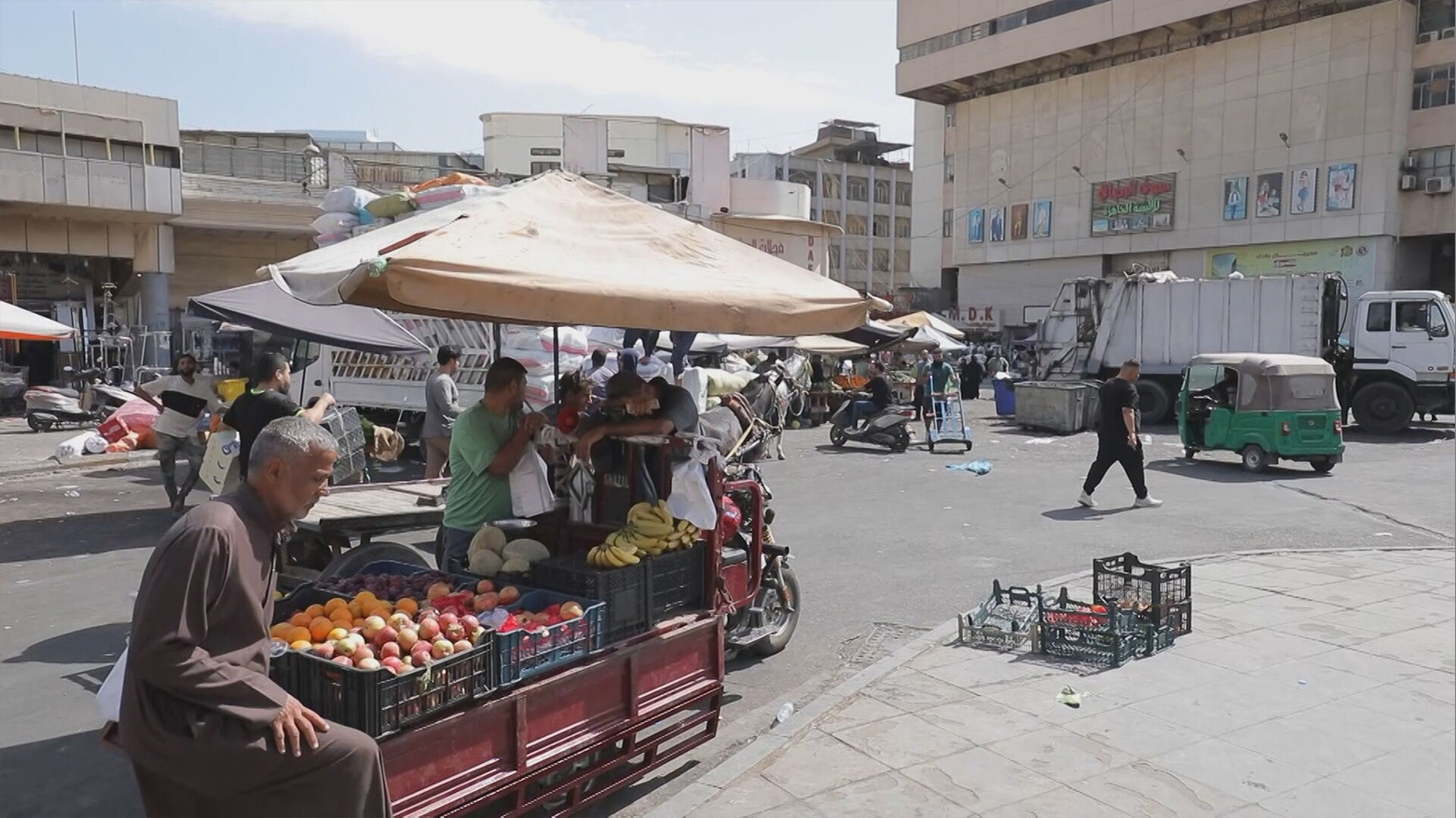Public Frustration Grows Over Iraq’s Economic Decline Amid Political Uncertainty
Iraqis are voicing anger over economic mismanagement under PM Sudani, citing failed reforms, rising poverty, and fears of regional war spillover. Critics say billions spent on infrastructure haven't addressed core issues, as calls grow for real economic transformation.

By Kamaran Aziz
ERBIL (Kurdistan24) — As Iraq’s political and security situation continues to deteriorate, citizens across the country are voicing rising concern about the deepening economic crisis, attributing widespread hardship to what they describe as the government’s failure to implement meaningful reforms.
In interviews with Kurdistan24, several Baghdad residents expressed frustration over what they perceive as economic mismanagement under the administration of Prime Minister Mohammed Shia al-Sudani. “Since Sudani took power, he has only been busy with building bridges and hasn't changed anything in the economic situation. He has spent more than 5 to 7 billion just on these bridges. This is not an economy; this is just a way for the trucks and lorries to drive on. A real economy is when Iraq becomes productive and starts making things, so it doesn't rely solely on oil,” one resident remarked.
Another citizen criticized the government’s broader failure to deliver systemic economic reform. “The government has failed, because it cannot implement real, fundamental, and comprehensive reform in the economy. These shortcomings are clearly visible, and for citizens, this reality does not align with today's actual conditions,” the resident stated.
Concerns extend beyond economic stagnation, as some citizens link Iraq’s internal economic woes to wider geopolitical dynamics. One resident highlighted the compound effects of regional instability, saying: “There is a major economic recession and a rise in poverty and unemployment rates. This has created instability in the market. Additionally, the conflict between Iran and Israel has had a significant impact, and many citizens fear Iraq will be dragged into that war — a fear that still persists.”
As the current government approaches the end of its term, criticism surrounding its economic record has intensified. Observers and citizens alike note that the most frequent and forceful critiques now center on economic governance, with growing acknowledgment—even from within the political establishment—that Iraq's economy is facing a substantial collapse.
The widespread disillusionment reflects a broader demand for structural change, transparency, and productivity-driven policies to reverse the declining standard of living. For many Iraqis, these are not simply political issues, but daily realities that demand urgent attention from national leaders.
